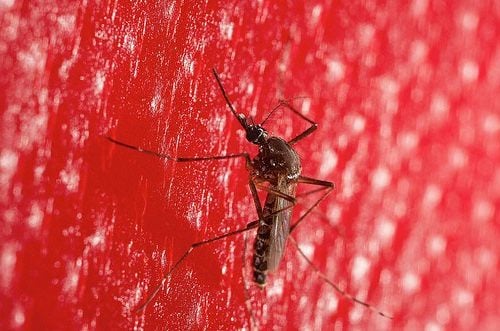Breadfruit has been a hit in Melanesia, Micronesia and Polynesia for more than 3,000 years because of its many pluses: This tropical staple food crop is plentiful and packed with nutrients. It’s hailed by some as a possible solution to world hunger, but it could play a totally different—but equally important—role in saving lives.
Scientists with USDA’s Agricultural Research Service (ARS) have found that breadfruit flowers contain three chemicals that work wonderfully for repelling flying insects, including mosquitoes. In Hawaii and other regions, people have known for years that burning dried clusters of the flowers, known as “male inflorescences,” can keep bugs at bay.
The ARS scientists say the three key chemicals involved in this repellency are capric acid, undecanoic acid and lauric acid, also known as C10, C11 and C12 saturated fatty acids.
To prove the potency of these natural chemicals, male inflorescences from a diverse selection of breadfruit trees were sun-dried at the National Tropical Botanical Garden’s Breadfruit Collection in Kalaheo, Hawaii, and provided to the ARS scientists for testing.
The scientists collected smoke samples as they burned the inflorescences in the traditional method used in Pacific regions. They identified more than 30 compounds in the smoke, including fatty acids and aromatics.
The compounds’ effectiveness was tested at an ARS laboratory in Beltsville, Md., against adult Aedes aegypti female mosquitoes, using a blood-feeding membrane system that mosquitoes feast upon as if it were a human.
The breadfruit compounds came through with flying colors, proving to be significantly more effective at repelling mosquitoes than DEET, the primary insecticide used against biting insects. In regions where breadfruit flowers are available, they could offer a low-cost alternative for people who can’t afford expensive repellent products.
In related studies in Florida, volunteers wore cloth treated with various concentrations of the breadfruit compounds. Those tests also verified the effectiveness of the breadfruit compounds to protect against biting bugs.
The Florida tests were partially funded by the Deployed War-Fighter Protection Research Program, which develops and improves methods to protect our U.S. military personnel against insects that transmit diseases such as malaria, yellow fever and dengue fever.


